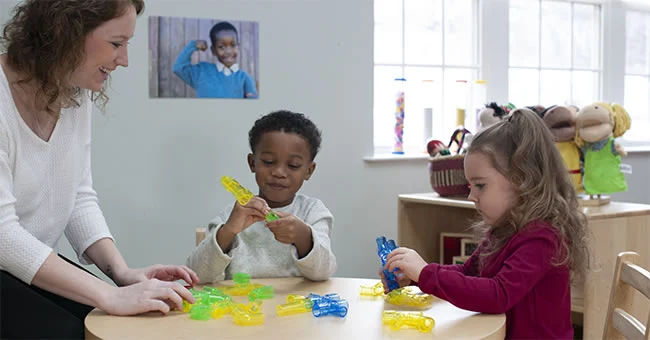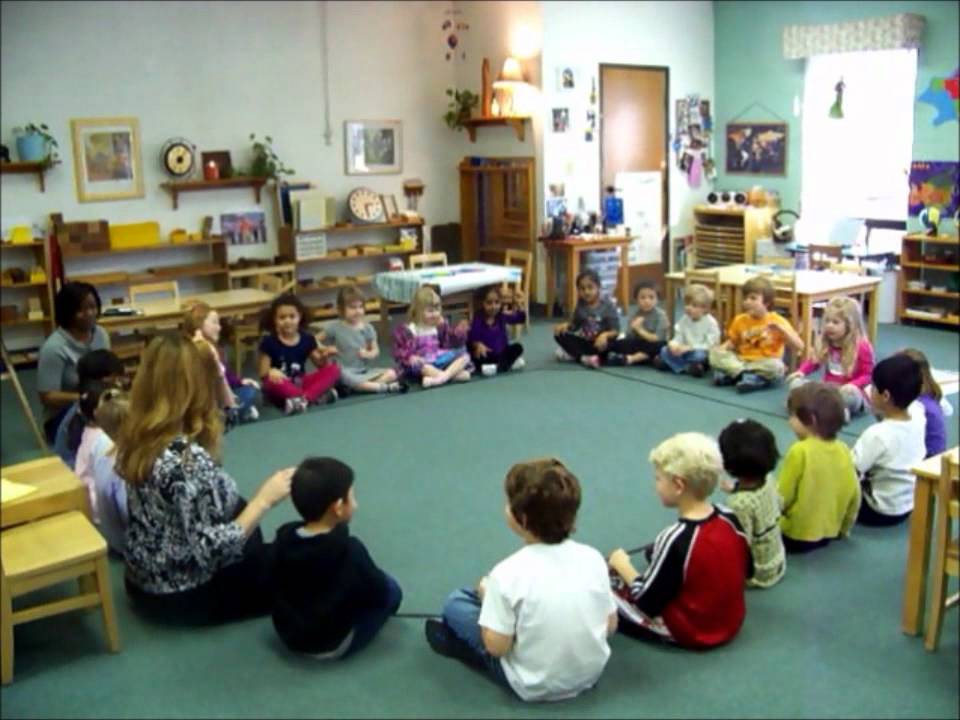Article 1
https://www.naeyc.org/resources/pubs/yc/jul2019/assessment-in-kindergarten

The article from “Young Children” discusses how assessments in kindergarten should be tailored to meet kids where they are developmentally. It’s important because it recognizes that early assessments can influence cognitive development and mental health, aligning with my interest in how these evaluations impact young students. It emphasizes that assessments should support learning rather than hinder it, which is super relevant to my topic about the impact of assessment on cognitive growth. It’s all about finding the balance so that these early experiences are beneficial rather than stressful.
Article 2
https://www.naeyc.org/resources/position-statements/dap/assessing-development

Article 3

This article “Developmentally Appropriate Assessment Practices: Gathering, Understanding, and Using Information Young Children,” focuses on using assessment methods that are suitable for young children. It emphasizes the importance of gathering and understanding information about children’s development and using it effectively. This article is important because it highlights the impact of assessments on cognitive development and mental health in young students. It emphasizes the need to ensure that assessments at an early age support positive cognitive development and mental well-being rather than causing harm. It’s all about finding the right balance and using assessments as a tool for growth.
Article 4
The article from ASCD’s Educational Leadership by Stephen Chappuis and Richard J. Stiggins is about classroom assessments designed to enhance learning, rather than just measure it. It’s important because it explores how assessments can motivate students to care more about their learning journey. This relates directly to the topic because it looks at how assessments, when used as tools for learning rather than just evaluation, can positively affect students’ cognitive development and mental health. It supports the idea that early assessments should be growth-oriented to foster a healthy learning environment.
Article 5
https://www.sciencedirect.com/science/article/abs/pii/0010028576900165


